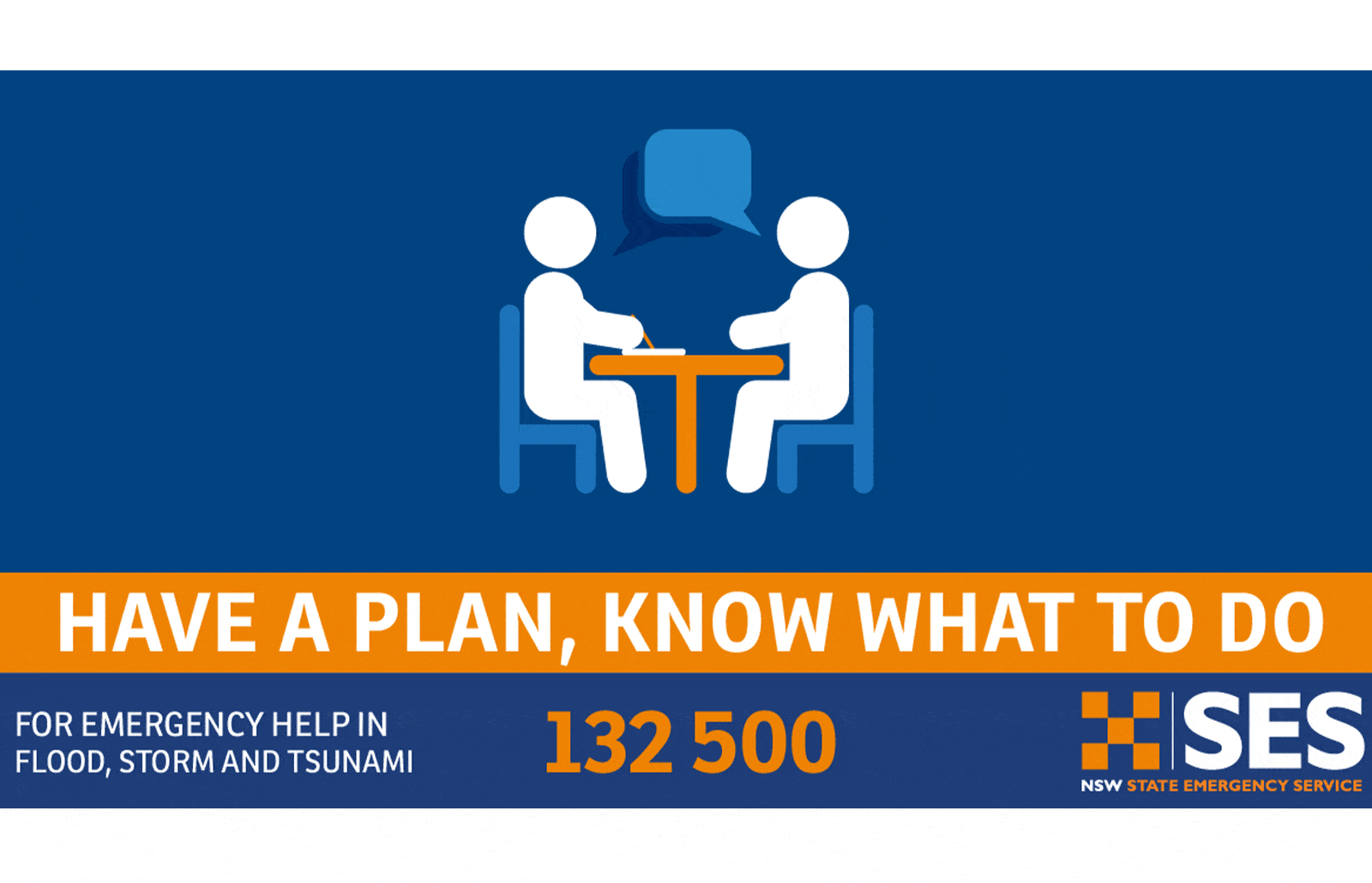
For up-to-date information on weather warnings, please check the Bureau of Meteorology website here.
For up-to-date road closures, please click here.
SES
Requests for assistance can be made by calling the NSW SES on 132 500.
Other Emergency Services
Essential Energy
Phone 13 20 80 for asset damage and concerns
Health NSW
Mental Health
Livestock and Animals
Mosquitos
Cobar Shire Council is alerting the community to protect themselves against mosquito bites.
Japanese encephalitis (JE) virus has been detected in samples from commercial pig farms throughout southern and western NSW indicating the virus is likely circulating in the mosquito population.
JE is a mosquito borne disease that may affect animals, including pigs, and humans. The virus is spread by mosquito bites. It is really important to protect yourself from mosquito bites as mosquitoes can spread viruses.
Less than 1% of people infected with JE experience symptoms, which typically include fever, joint pain, and rash. Occasionally, JE can cause severe a neurological illness with headache, convulsions and reduced consciousness.
The best way to avoid infection is to avoid being bitten by mosquitoes.
Simple actions to avoid mosquito bites include:
NSW Health can provide further information on mosquito-borne disease and ways to protect yourself.
Fact sheets on specific mosquito-borne diseases, including Japanese encephalitis Ross River virus and Barmah Forest virus, are also available on Vector borne disease fact sheets.
Environmental Protection Agency (EPA)
The EPA has provided information about how to keep safe after flooding, what to do with waste material and hazardous materials, and how to clean a flood-affected property. Click here to view their storm and flood updates.
The Insurance Council of Australia has advised of what to do if your property has been impacted by flood and storms:
Sign in with your email and password
Create your account and post ad
Already have an account? Login